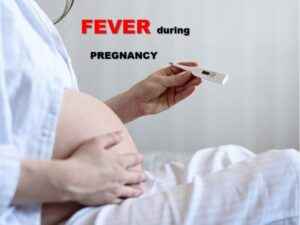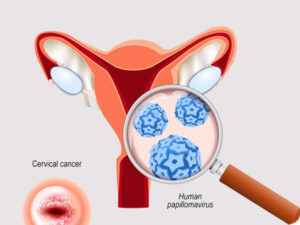Introduction
September marks PCOS Awareness Month, a time dedicated to shedding light on Polycystic Ovary Syndrome (PCOS), a condition that affects millions of women worldwide. PCOS is one of the most common hormonal disorders in women of reproductive age, yet it remains largely misunderstood. As we recognize this important month, let’s dive into what PCOS is, how it starts, and why raising awareness is crucial for early diagnosis and effective management.
What is PCOS?
Polycystic Ovary Syndrome (PCOS) is a hormonal disorder that affects how a woman’s ovaries function. It is characterized by three main features:
- Irregular periods: PCOS can cause infrequent, prolonged, or absent menstrual cycles, affecting a woman’s fertility.
- Excess androgen levels: Elevated male hormones (androgens) can lead to symptoms like excessive hair growth (hirsutism), acne, and thinning hair.
- Polycystic ovaries: Many women with PCOS develop small, fluid-filled sacs (cysts) on their ovaries.
While these cysts aren’t harmful, the hormonal imbalance behind PCOS can lead to significant health challenges. PCOS is a leading cause of infertility, but it can also affect a woman’s metabolic and cardiovascular health.
How Does PCOS Start?
PCOS often begins during puberty, though symptoms may become more evident in the late teens or early twenties. Here are some of the factors that contribute to its development:
1. Hormonal Imbalances
- Insulin Resistance: Many women with PCOS are insulin resistant, meaning their bodies struggle to use insulin effectively. This leads to increased insulin production, which in turn prompts the ovaries to produce more androgens, disrupting normal ovulation.
- Androgen Overproduction: Higher-than-normal levels of male hormones (androgens) interfere with ovulation, causing many of the symptoms associated with PCOS, such as irregular periods, acne, and excess hair growth.
2. Genetics
- PCOS can run in families, suggesting a genetic link. If your mother or sister has PCOS, your chances of developing it are higher. Although no single gene has been identified as the cause, multiple genetic factors seem to be involved.
3. Inflammation
- Chronic low-grade inflammation has been associated with PCOS. Women with PCOS often have higher levels of inflammation, which may contribute to increased androgen production and insulin resistance.
4. Lifestyle Factors
- While genetics and hormonal imbalances are major factors, lifestyle choices also play a role. Poor diet, lack of exercise, and obesity can exacerbate insulin resistance and increase the risk of developing PCOS. Maintaining a healthy weight and active lifestyle can help manage symptoms.
Why PCOS Awareness Matters
PCOS Awareness Month provides an opportunity to educate and inform women about this condition and encourage them to seek help early. Many women suffer from PCOS for years before being diagnosed, often mistaking symptoms like irregular periods or acne as part of normal life. Unfortunately, delayed diagnosis can lead to long-term complications such as infertility, diabetes, and heart disease.
Common Symptoms of PCOS
PCOS can present with a wide range of symptoms. Here are the most common:
- Irregular or missed periods: Having fewer than eight periods a year is a strong sign of PCOS.
- Hirsutism: Excess hair growth on the face, chest, and other areas.
- Acne: Persistent acne or oily skin that doesn’t respond to regular treatments.
- Weight gain: Many women with PCOS struggle with weight, especially around the abdomen.
- Hair thinning or baldness: Thinning hair on the scalp is a common issue.
- Difficulty conceiving: PCOS can make it difficult to get pregnant due to irregular ovulation.
Managing PCOS
There is no cure for PCOS, but the good news is that the condition can be managed with lifestyle changes, medication, and support from healthcare professionals. Diet and exercise are essential in managing insulin resistance, one of the core issues in PCOS. In some cases, medications like birth control pills or metformin are prescribed to help regulate periods and manage other symptoms.
Conclusion
PCOS Awareness Month is about empowering women to recognize the symptoms of PCOS and seek early medical intervention. If you suspect you may have PCOS, consult with your gynaecologist for a proper diagnosis and to discuss treatment options. Early detection can help reduce the risk of long-term complications and improve your quality of life. Together, by raising awareness, we can help more women understand PCOS and the importance of taking control of their health.




